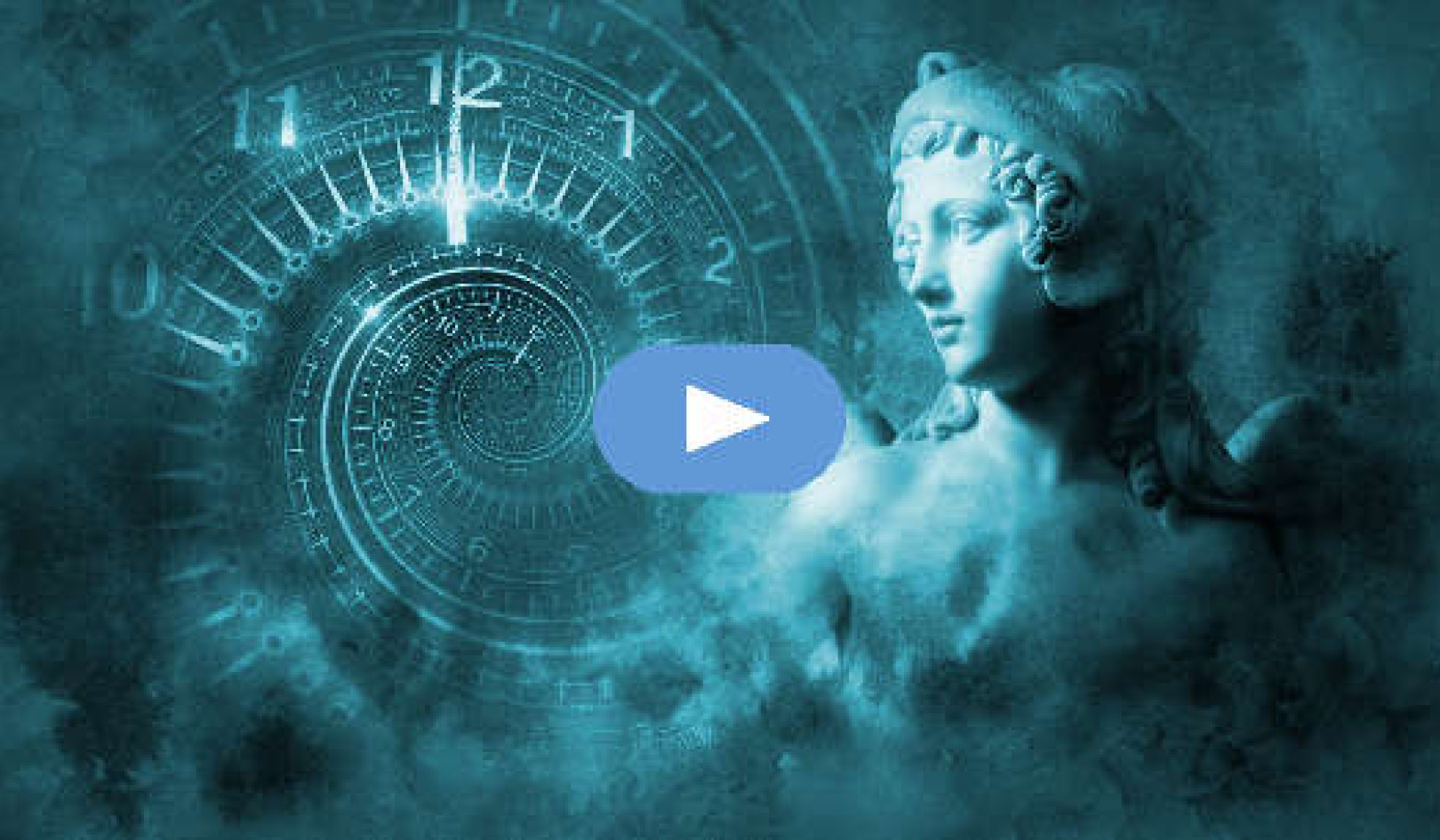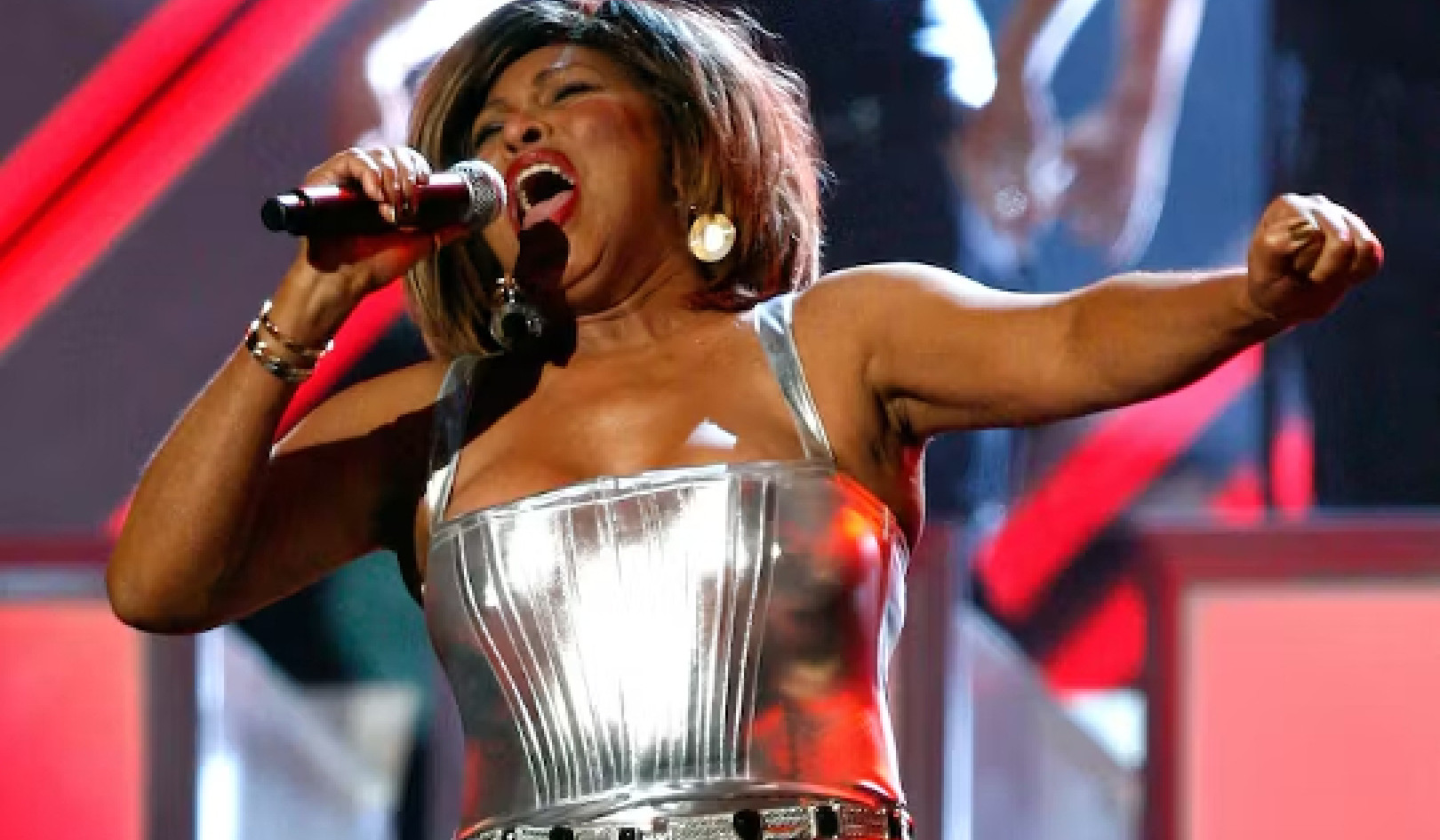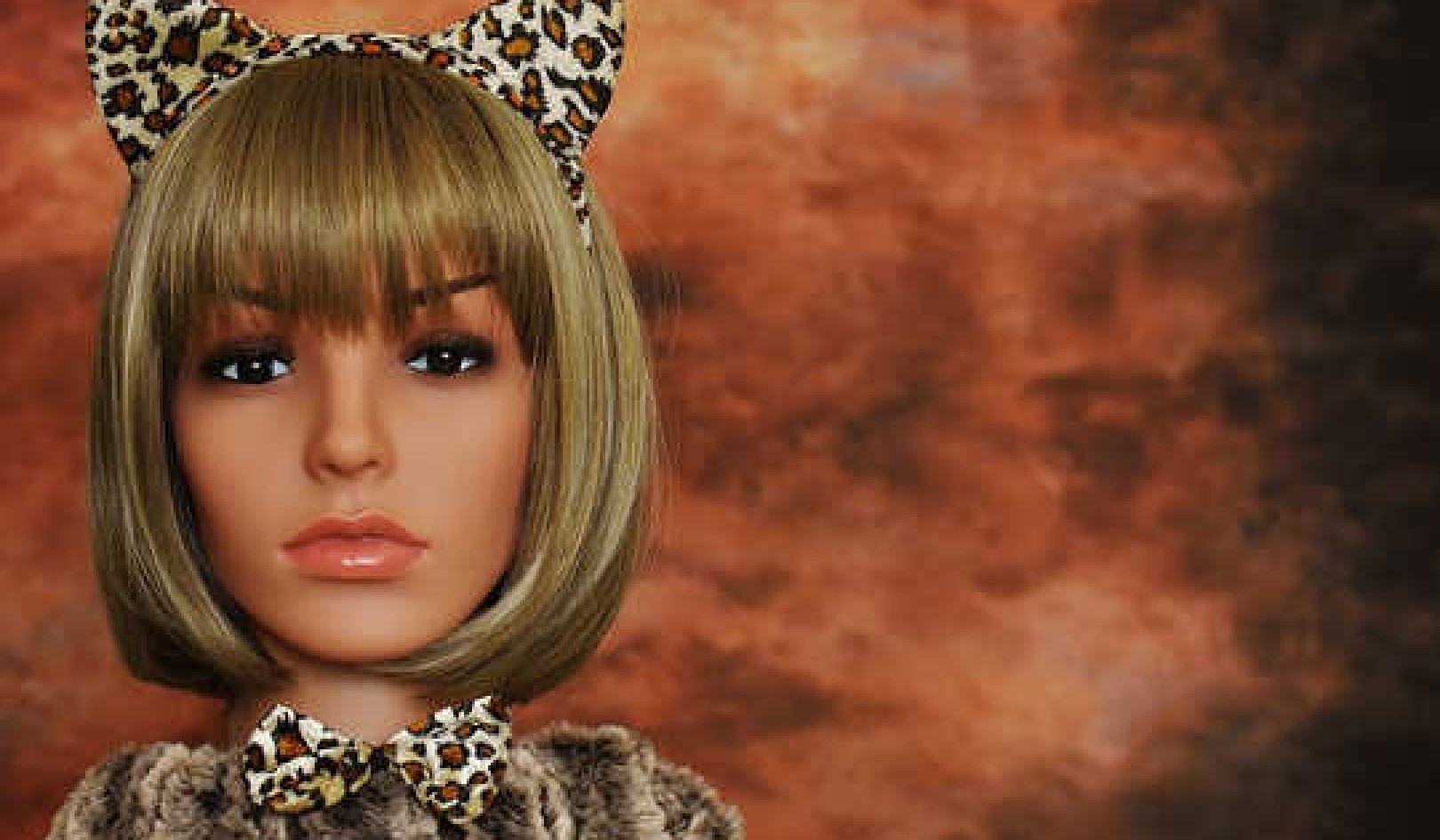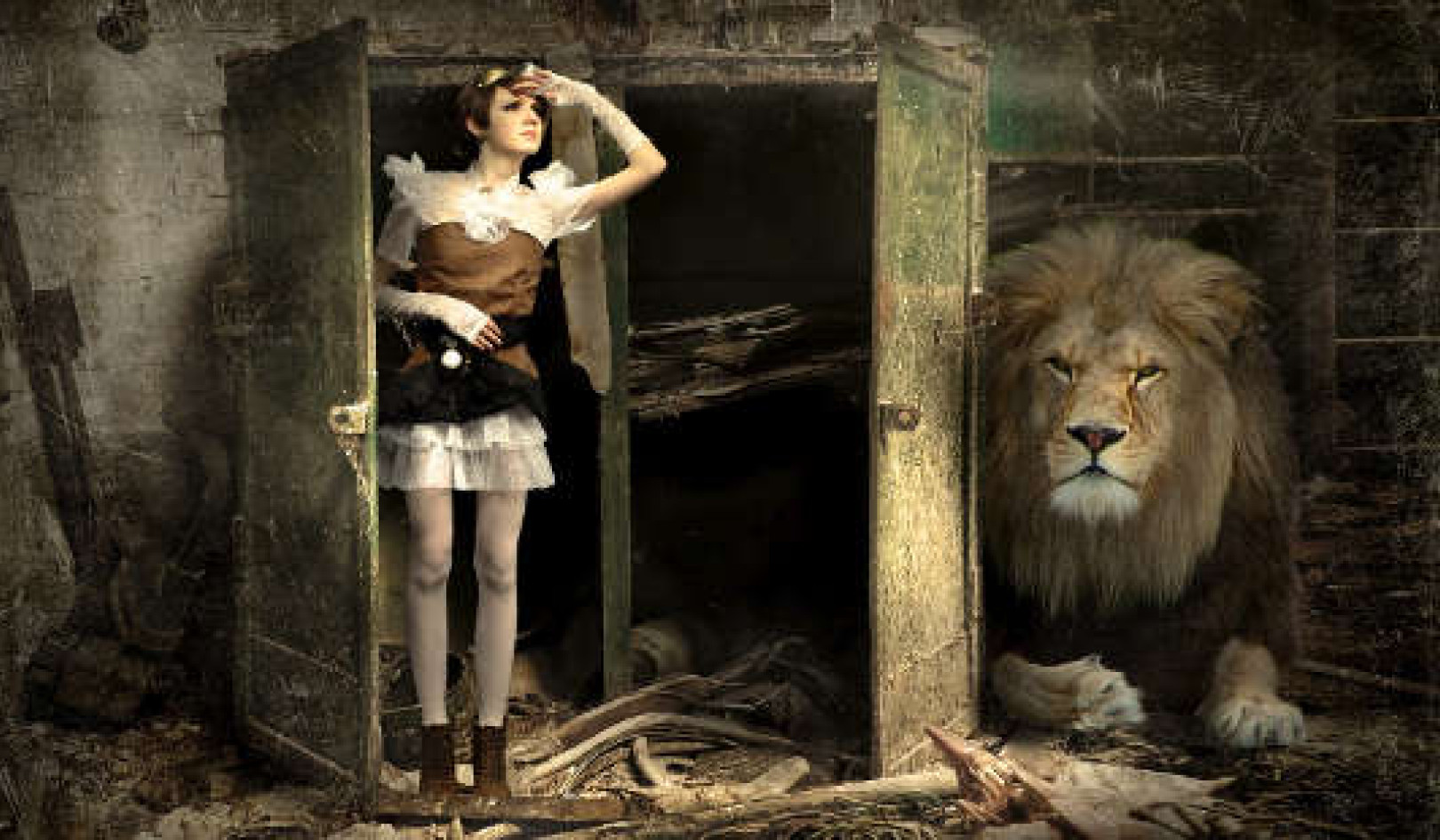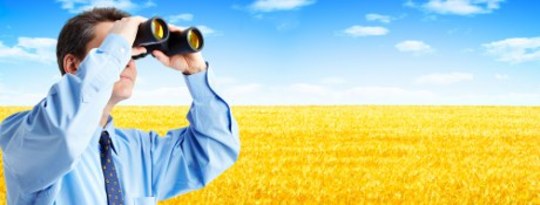
Often, our most important beliefs are unconscious. Over 90 percent of those that we currently hold we took on as kids from our parents or caregivers, school, and culture. These views run the greater part of our lives and determine if we’re going to be happy or unhappy, rich or poor, healthy or unhealthy, and broad-minded or narrow-minded on different topics.
If we stop to think about this for a moment, it’s positively frightening. We inherit what we believe, most of which is unconscious, and all of it dramatically influences our lives!
Do You Know What Your Beliefs Are?
Questioning your beliefs is an exercise well worth engaging in. It will free you from all kinds of limitations in life, including fear and living according to what’s right for someone else but not for you.
You’ll want to ask yourself: “Where did this belief come from?” and “Does it still work for me, or is it limiting me in any way?” If you think that an idea no longer fits or is hampering you in some way, ask yourself what might suit you better at this time. Trust me, you can change your beliefs. I’ve done it countless times.
Which Beliefs Need Examining?
Here are some of the major areas you’ll want to check:
— Let’s start with your religion, since it’s always the primary limitation for people when they want to expand their consciousness. What, if any, childhood faith were you raised in? Are you aware of unconscious beliefs from your early education about religion that may be negatively affecting your life today?
— Consider your beliefs about the religions of others. Do you automatically reject others or their thinking because their religion is different from yours, even if you, at best, give only lip service to your own?
— Then there’s the elephant (and the donkey) in the living room—politics. So many people automatically exclude everything from the “other side,” assuming that no good can come from it. Do you automatically decide that everyone who opposes your viewpoint is 100 percent wrong? To broaden your thinking, read from and watch media outlets that aren’t in complete agreement with your belief system.
— What about your social values? For example, where do you stand on abortion, the death penalty, gay marriage, and other important topics? Have you thought through your own views on these issues recently, or do you automatically determine that there can be nothing of merit in the other argument?
— How about your beliefs about race? We’d all like to think that we’re blind to skin color, but the truth is that we inherit racial prejudices from our family of origin, our schools, and our country.
— Then there’s gender, my personal favorite. When I was a young attorney entering the appellate court to argue my first case, the clerk, herself a woman, assumed that I was a secretary. Our stereotypes about gender have improved over the past 25 years, but we still have a long way to go.
— How about class differences? That’s such a sticky subject that people are afraid to even bring it up. What goes through your mind when you see someone who’s dressed like a bag lady? If there’s one thing I learned as an attorney, it was to never judge a book by its cover; frankly, many of my most affluent clients looked as though they were living on the streets. Or, conversely, do you assume that all trust-fund babies are spoiled brats?
— Don’t forget your beliefs about money. I can almost guarantee that if you have money problems, they can be traced back to certain beliefs you inherited from your family of origin.
— And you can’t forget about relationships. What subliminal or overt messages did your mother and father give you about relationships?
— What about weight? If you’re too heavy, how negative are you with your self-talk? Are your extra pounds what you hate most about yourself? How much time do you spend worrying about your weight?
— Then there’s food. Do you believe that some foods and certain diets are good, while others are bad—that being a vegetarian or vegan or raw-food advocate is almost sacred and the only way to go?
Why Is It So Vital to Question Your Beliefs?
 Most of your preconceived beliefs are unconscious unless you make the effort to shift them into your awareness. I’m urging you to bring all of them to your consciousness for a number of important reasons:
Most of your preconceived beliefs are unconscious unless you make the effort to shift them into your awareness. I’m urging you to bring all of them to your consciousness for a number of important reasons:
1. It’s nearly impossible to expand and grow, to take in new information and make new choices, when you are confined to operating solely according to preexisting ideas.
2. If you want to learn to work with others, you’ll need to be able to accept their beliefs and treat them with the same respect you would your own. You will find this hard to do if you’ve got a fixed mind-set.
3. A person with a lot of fixed beliefs is acting from fear. Being afraid to give serious thought to the activities and opinions of others means that you are judging them without really giving their ideas your full consideration.
Major Spring-Cleaning of Belief Systems
Looking clearly at your own beliefs is a lot like doing a major spring-cleaning. You toss out the clothes you haven’t worn in five years, get rid of the chipped and cracked dishes in the cupboards, throw away the piles of paper that have magically accrued, and finally get around to vacuuming out the dust bunnies under the beds and in the corners of each room.
When you’ve emptied out each garbage bag filled with your prejudices, doubts, and misguided ideas; and shaken out the dust rags of fixed beliefs, you can welcome in the fresh air of springtime that is now free to flow through your clean house. You are now ready to see what’s been hidden under all of the chaos—the gifts of spirit that are your allies on the path...
Excerpted with permission of the publisher,
Hay House Inc. www.hayhouse.com
This article was excerpted with permission from the book:
Be Your Own Shaman: Heal Yourself and Others with 21st-Century Energy Medicine
by Deborah King.
 This fascinating book takes you on a one-of-a-kind journey into the esoteric world of healing. You might not realize it, but just about everyone is a natural-born healer! But you can further develop your inner talents and become your own shaman, capable of healing whatever ails you and effecting change in someone else's energy field and body.
This fascinating book takes you on a one-of-a-kind journey into the esoteric world of healing. You might not realize it, but just about everyone is a natural-born healer! But you can further develop your inner talents and become your own shaman, capable of healing whatever ails you and effecting change in someone else's energy field and body.
Click here for more info and/or to order this book.
About the Author
 Master healer and teacher Deborah King was a successful attorney in her 20s when a diagnosis of cancer sent her on a search for truth that radically changed her life. Unwilling to undergo invasive surgery, she turned to alternative medicine and had an amazing remission at the hands of a healer. Along the way, she conquered the alcohol and drug addictions she had used to bury an abusive childhood. Leaving the corporate arena for the mysterious world of healers, sages, and shamans, Deborah mastered ancient and modern healing systems, ultimately developing a powerful healing technique of her own. She travels worldwide, helping thousands of people transform their lives through her experiential workshops. Her online training course, the 21st Century Energy Medicine Program,attracts those who want to become adept healers for themselves and others. She also hosts a popular weekly Hay House Radio show. Website: www.deborahkingcenter.com
Master healer and teacher Deborah King was a successful attorney in her 20s when a diagnosis of cancer sent her on a search for truth that radically changed her life. Unwilling to undergo invasive surgery, she turned to alternative medicine and had an amazing remission at the hands of a healer. Along the way, she conquered the alcohol and drug addictions she had used to bury an abusive childhood. Leaving the corporate arena for the mysterious world of healers, sages, and shamans, Deborah mastered ancient and modern healing systems, ultimately developing a powerful healing technique of her own. She travels worldwide, helping thousands of people transform their lives through her experiential workshops. Her online training course, the 21st Century Energy Medicine Program,attracts those who want to become adept healers for themselves and others. She also hosts a popular weekly Hay House Radio show. Website: www.deborahkingcenter.com
Watch a video with Deborah: Balance Your Chakras in Just 5 Minutes a Day



















